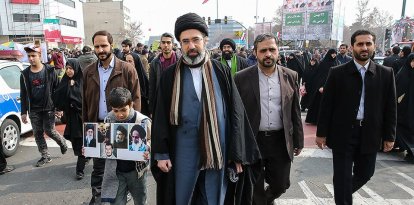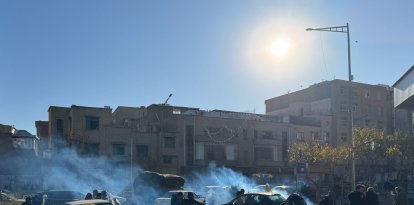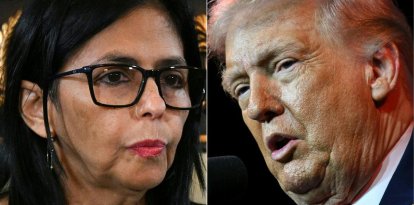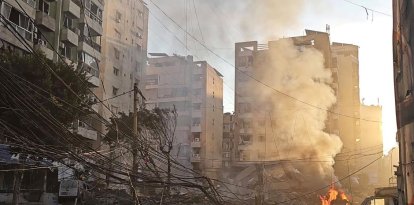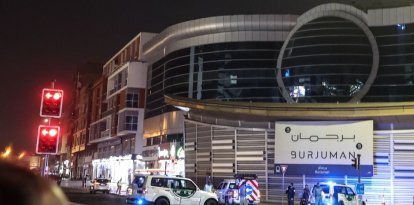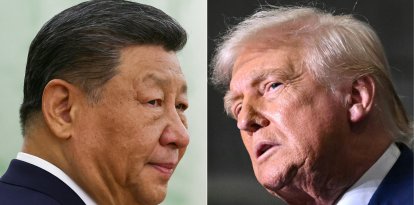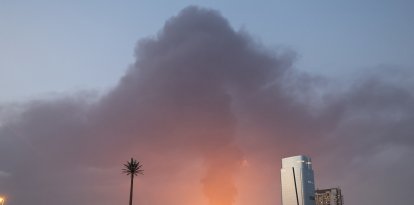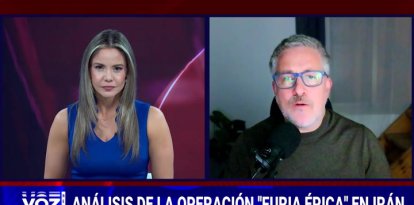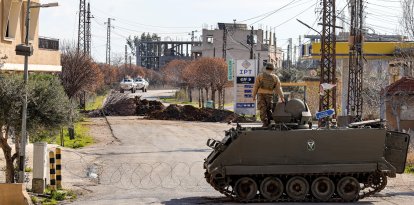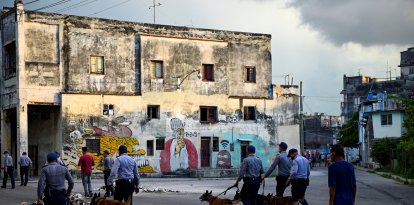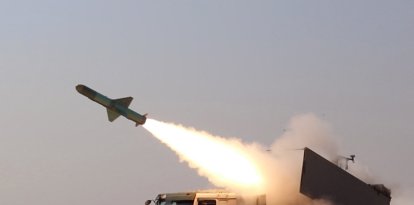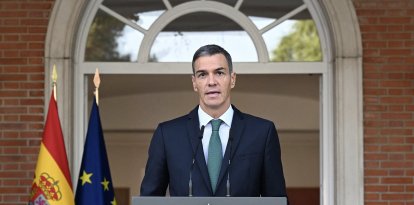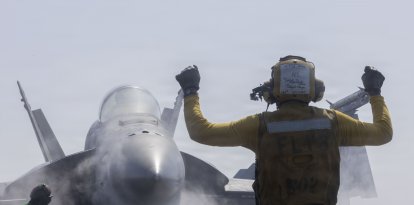20 years after 11-M: ‘Nothing they were telling us was real’
Spanish journalist Luis del Pino spoke exclusively to Voz Media about the falsehoods in the official version of the largest terrorist massacre in the history of Europe.
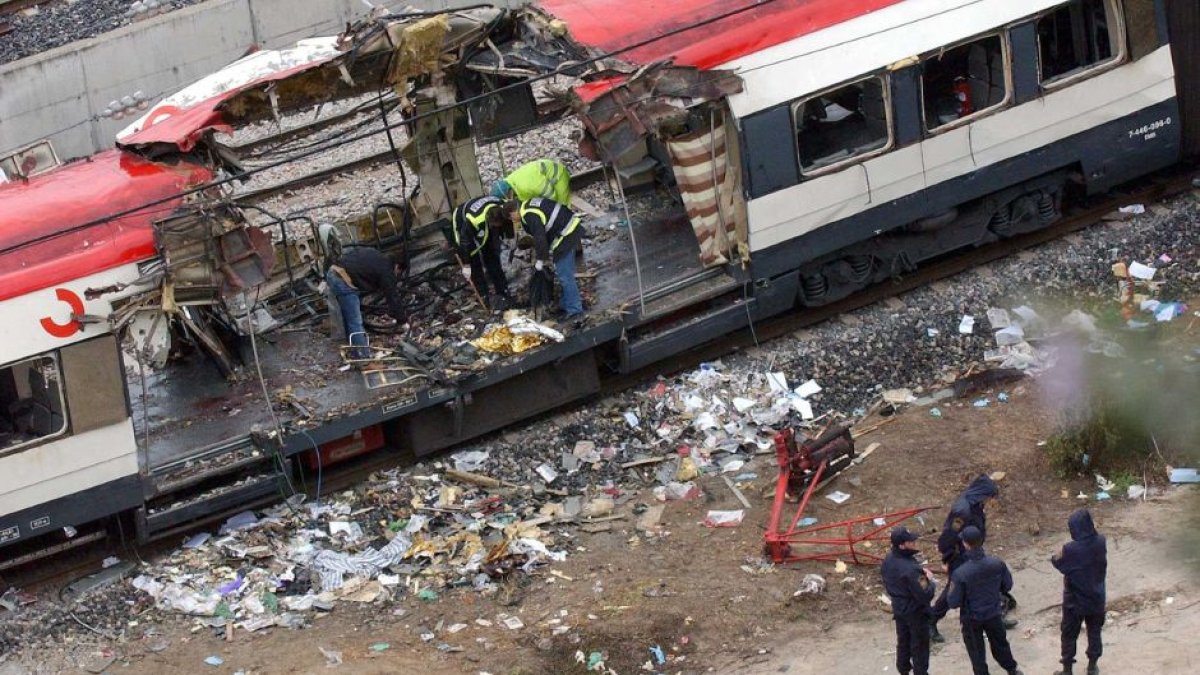
(Cordon Press)
On the eve of the 20th anniversary of the train bombings in Madrid, Spain, on March 11, 2004, the largest terrorist massacre on European soil; Voz Media spoke with Luis del Pino, one of the few Spanish journalists who raised alarms about the failures and holes in the investigation into the attacks. Twenty years later, many questions remain unanswered.
Mario Noya , editor-in-chief of Voz Media, spoke with Luis del Pino about what happened that day, and in the months and years that followed in the Spanish capital. Four commuter trains exploded at four railway stations, causing the death of 193 people and injuring or maiming nearly 2,000. The subsequent police investigation and court sentences followed a path full of irregularities, lies and unknowns. In the words of Luis del Pino, one of the foremost experts on this terrorist attack, "the entire official version of 11-M is false and botched."
Known as "the Spanish 9/11," the attacks of March 11, 2004, in Madrid caused a huge rift in Spanish society and politics. After the explosions on the trains, something unusual occurred: the headquarters of the Popular Party (the conservative party that governed Spain at that time) were surrounded by mobs of citizens chanting, "Murderers!" Moved by the extreme left and the opposition led by the Socialist Party, hundreds of citizens blamed the government for the timing of the attacks due to Spain’s involvement in the Iraq War.
Del Pino acknowledged in his interview with Voz Media that this irresponsible action from the Spanish left in the immediate aftermath of the attacks was one of the reasons that led him to take interest in doing his own investigation of the events.
Investigation of the attacks: Mistakes and false evidence
Luis del Pino remembers how he gradually discovered holes and inaccuracies in the official investigation into the attacks. A few months after the massacre, an order from the judge presiding over the case indicated that the alleged 11-M terrorists had had their phones tapped before the attack. This fact, despite appearing in the court record, was not reflected by the Spanish media until much time had passed.
The journalist emphasized one of the cornerstones of the investigation: the backpack that appeared in a Madrid police station hours after the massacre and that served as square one for the entire investigation into the attacks. It was a backpack bomb that mysteriously appeared undetonated and whose contents were leaked to the international press to make it known that, supposedly, the material inside was the same that had been used in the train bombs. This backpack was used as fundamental evidence in the investigation since, surprisingly, the investigating judge ordered just a few hours after the attacks to destroy all evidence on the ground, from the remains of the exploded trains to the victims' clothing. "No one knows where that bomb came from. It does not appear in any evidence collection record," recalls Luis del Pino.
Twenty-four hours after the massacre, they destroyed the crime scenes by dismantling the trains. Everything disappeared and was burned in a landfill. At the same time, the backpack appeared at the police station.
The backpack was in many ways a contradictory piece of evidence. As an example, Luis del Pino recalls that it was loaded with shrapnel, while, on the contrary, no shrapnel appeared in a single one of the victims’ bodies
These are not the only holes and contradictions in the case. Luis del Pino recalls that, surprisingly, the alleged terrorists convicted of the massacre not only did not claim responsibility for the attack (something common among jihadists, who take pride in their actions), but they continue to defend their innocence 20 years later. Not only that, over time it became known that some of the alleged terrorists were confidants of the Spanish Police.
The journalist also spoke about the Leganés suicide bombing, another incident in Madrid after 11-M in which, according to the official version of the events, seven terrorists blew themselves up when they were surrounded by police. The strange thing, recalls del Pino, is that these alleged terrorists detonated the bombs six hours after being surrounded, allowing police to evacuate the building and leaving no more victims aside from the alleged Islamists themselves. An autopsy was not even performed on these alleged terrorists and, although the official version says their bodies appeared destroyed, several completely intact copies of the Quran were found next to them.
Del Pino recalls in his conversation with Voz Media the numerous contradictions in the official version of the events. Once the trial was finished, the case was shelved and not even a single aspect of the investigation was reopened.
The entire official version of 11-M is false and botched. In the official version, nothing at all adds up.
Who or what was behind the 11-M attacks?
Among the possible motives behind the 11-M attacks, Luis del Pino points out several lines of investigation. One of them is that everything indicates that "those who fabricated the false official version have no relationship with those who committed the attack." The journalist suggests that "those who are covering up the real responsibility of 11-M are part of the sewers [deep state] of the Spanish intelligence services."
This theory arises from the 180-degree turn the investigation into the attacks took in its first few days. Initially, responsibility for the massacre was attributed to the pro-independence terrorist group ETA. Later, when everything pointed to ETA, signs pointing to Islamic terrorists appeared (such as the controversial backpack), and numerous media outlets and big names in Spain collaborated to accuse the conservative Spanish government of lying, trying to take advantage of the situation to fuel a leftward shift in the government. This ultimately culminated three days after the attack in the elections on March 14, in which the Socialist Party came to power and began to implement policies that, 20 years later, have culminated with the presence of ETA terrorists in public institutions and the approval of amnesty laws for terrorists in the Spanish Parliament.
Other unknowns, such as the type of explosives used, the possible presence of international mercenaries in Madrid, the lack of interest in reopening the investigation into the massacre and the mysterious words from the judge who presided over the case: "Spanish society is not prepared to know what happened," are explored in depth in this exclusive interview that you can see in its entirety here.













